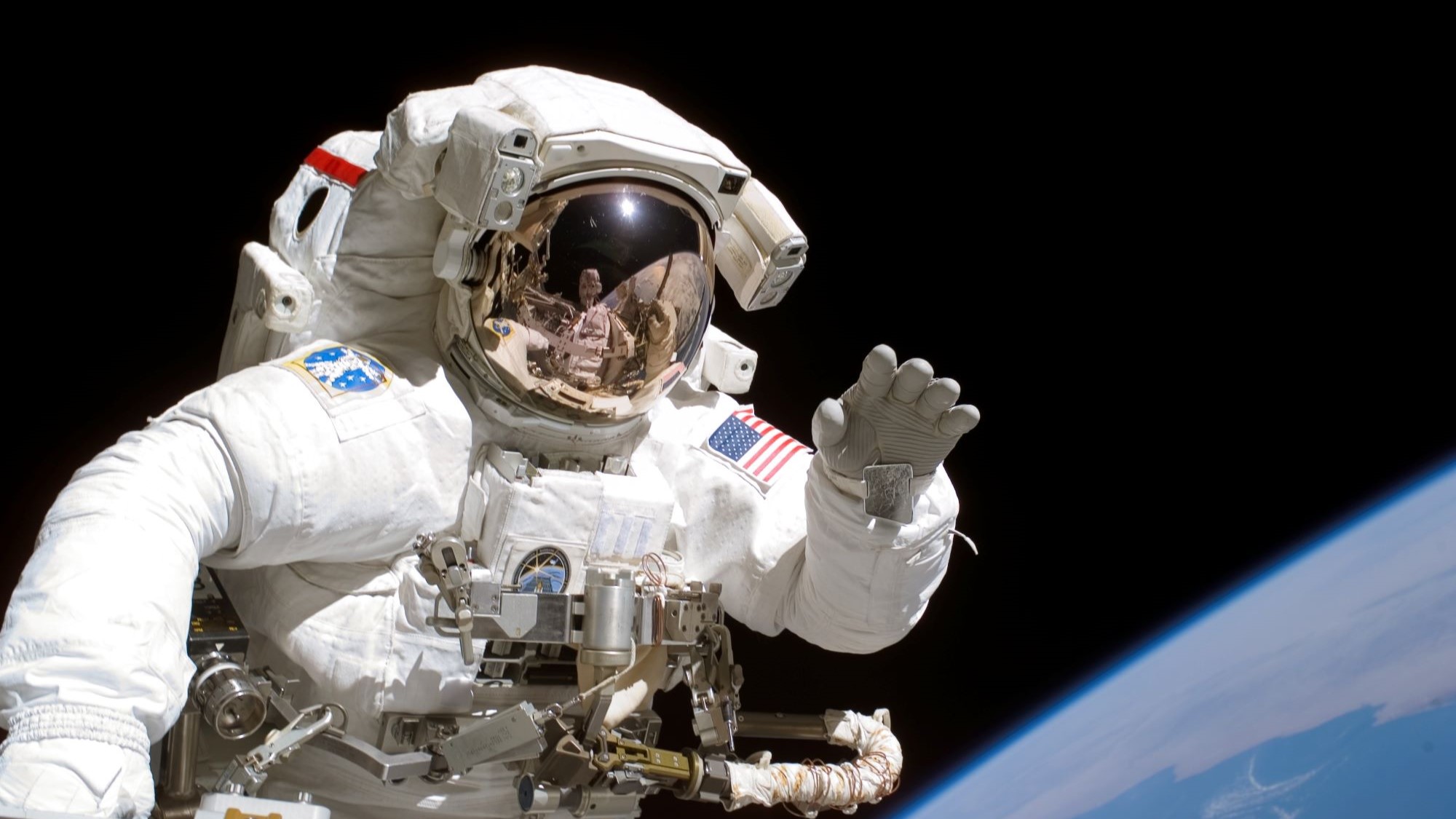

About 364 miles above Earth, the crew of the Inspiration 4 private mission in 2021 drew each other’s blood and administered ultrasound scans. Yet it’s not clear whether those experiments were subject to the same ethical rules that govern human studies on the ground. And it’s unlikely to be the last time humans in orbit are asked to study each other in this way. Jared Isaacman, the billionaire backer of Inspiration 4 plans to conduct more experiments on his Polaris Dawn mission scheduled for sometime in 2024.
It’s different when the research happens on Earth. If a US citizen chooses to participate in a clinical trial or other biomedical experiment, even those run privately, ethics rules govern the scientists, doctors, and institutions in charge of the study. A physician or a university cannot penalize a person for refusing to participate, for instance, and an ethics board must approve any trials before they start.
Those ethical rules are part of the territory when receiving federal funding. “If the federal government gives you $1 anywhere in your organization, even having nothing to do with the research, then any human subjects research you do has to follow what’s called the ‘Common Rule,’” says Paul Wolpe, a bioethicist at Emory University and the former chief of bioethics at NASA.
The 1991 Common Rule, or more formally the Federal Policy for the Protection of Human Subjects, is codified in multiple federal agencies, including the Health and Human Services Department. Its reach even extends beyond the bounds of Earth to NASA’s research, managing how the agency must treat astronauts on the International Space Station.
But civilians have begun flying to orbit in the spacecraft of private companies. And those that don’t take federal money are not formally subject to the Common Rule. So what if SpaceX or Axiom Space, say, makes it a condition that anyone flying on private space missions must take a pharmaceutical drug at the behest of a partner company to gauge how it is metabolized in microgravity?
[Related: Private space missions will bring more countries to the ISS]
That was the topic of a new paper published in Science by Wolpe and his colleagues. They argue that the time to begin asking questions about the ethics of human experimentation on private spacecraft is right now, before it becomes ubiquitous.
”Commercial spaceflight is revving up right now. The temptation to do human subjects experimentation is already starting,” Wolpe says, urging for a quick consensus. “It’s not like we’re saying, ‘10, 15 years from now, we may do this. We’re saying, ‘Next week we may do this.’”
The paper’s authors argue it’s possible to extend the ethical frameworks already used to govern human scientific research on the ground—and in space for NASA astronauts—by following four principles: social responsibility, scientific excellence, proportionality, and global stewardship.
Social responsibility recognizes that the past public investments that make spaceflight possible mean that this research should be treated “like a community resource.” It also points out that experimentation in the early years of commercial spaceflight “will be critical for ensuring the safety of future missions,” the authors write.
Scientific excellence means thinking about how poorly designed or conducted experiments return low quality results, and “bad science is also bad for business,” the authors write.
Proportionality refers to the importance of ensuring human research in space, like that on Earth, maximizes benefits while reducing the potential for harm as much as possible. And, guided by global stewardship, the fruits of these studies should benefit everyone, the authors argue: “Spaceflight research should therefore engage, and be conducted by, individuals and communities representative of humankind’s diversity.”
Wolpe hopes the principles can serve as a starting point for commercial space companies to think about and implement ethical guidelines, just as private companies do for human research on Earth. This paper doesn’t propose any concrete rules just yet. But coming up with a standard set of them for human experimentation in commercial spaceflight would be in corporations’ interest, too, Wolpe notes. “If everybody agrees on the rules, and we all operate under these rules, then we know what the floor and the ceiling is,” he says. Ideally, these would protect participants—and safeguard companies from lawsuits, if someone is harmed on a mission.
[Related: Space tourism is on the rise. Can NASA keep up with it?]
But before a new ethical framework takes root in the commercial spaceflight industry, more conversations need to happen to characterize research and its participants, according to Sara Langston, a space lawyer and professor of spaceflight operations at the Daytona Beach Florida campus of the Embry-Riddle Aeronautical University. As to whether there is a gap in existing rules and regulations around human experiments in commercial spaceflight that needs to be filled, she adds, “we need to actually define the question more specifically in order to answer it.”
You can, for instance, make a distinction between passive and active research or experimentation, according to Langston. Active experimentation are activities such as drawing blood or consuming drugs. Passive experimentation could include passengers sharing their subjective experiences of the flight, more akin to a survey. ”I don’t know that passive research in itself needs any kind of regulatory or even ethical framework, because passive research has been done all the time for marketing purposes, such as surveys,” Langston says.
And it will also be important to distinguish private astronauts—flight participants who bought a ticket or were invited onto the mission—and commercial ones, who are the paid employees of a space company. “This is important because the roles, rights, duties, and liabilities are going to be distinct for each of those categories,” Langston says.
Getting a head start in discussing these issues is the point, according to Wolpe. “These things are beginning to be built into the conversations around commercial spaceflight,” he says. “They weren’t so much before.”
